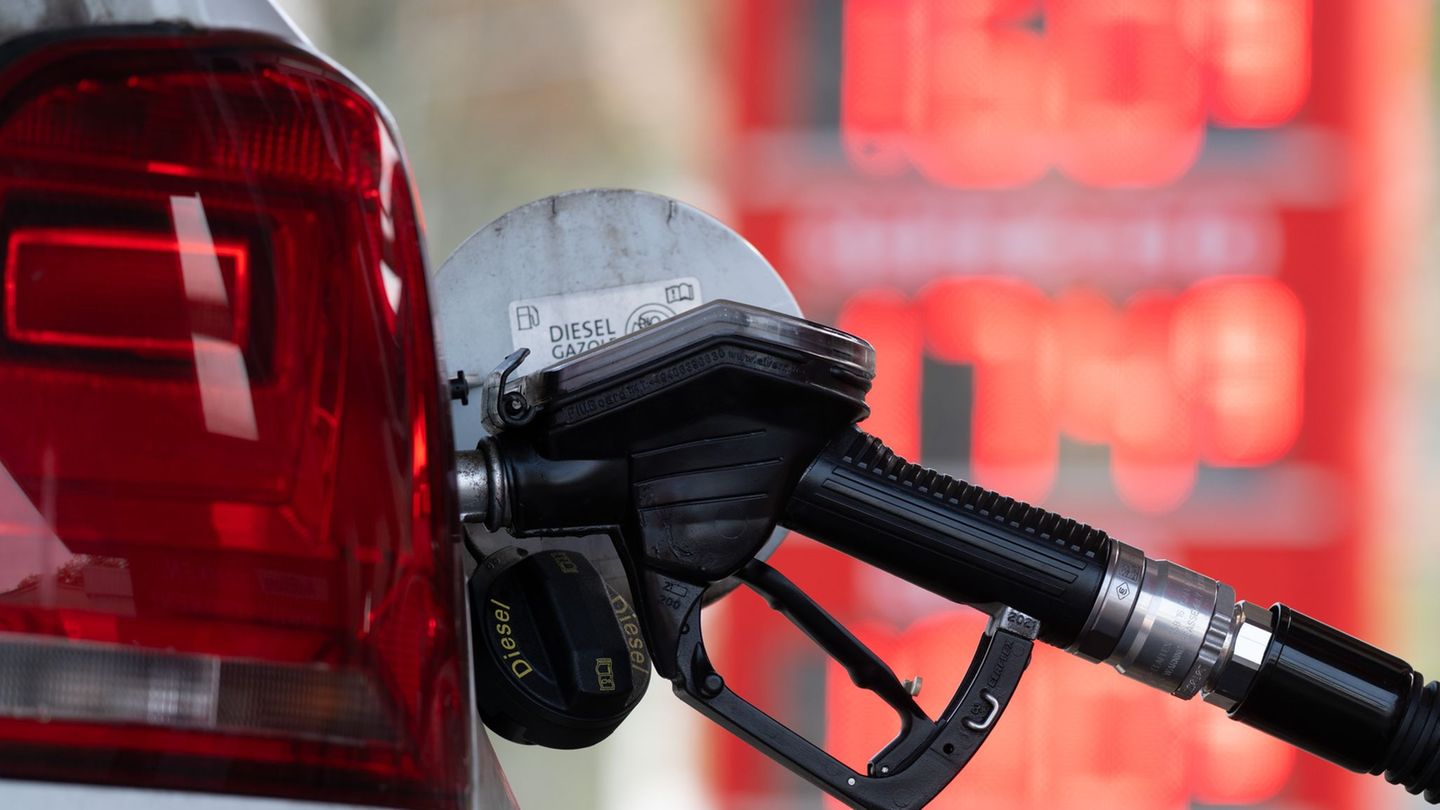“Sometimes the better team wins.” Wisdom like this from former national player Lukas Podolski shows how inaccurate football tips can be. Economists try to counteract this with statistics.
Forecasts are a tricky thing – especially when economists are dealing with football. In their analysis of this year’s European Football Championship (14 June – 14 July 2024), the sports-loving economists at Dekabank openly admit, “somewhat sheepishly”, that they “made the first incorrect forecast long before the tournament even started”:
In the brochure for the 2021 European Championship, Deka had predicted that the DFB team would be coached by Hansi Flick at the home European Championship. “Well, the current national coach is known to be Julian Nagelsmann, but after all, he was also Bayern coach shortly before taking office. So we weren’t that far off the mark after all.”
One in five believes Germany will win the final
With due meticulousness, the team led by Deka chief economist Ulrich Kater calculated the chances of Nagelsmann’s eleven. The bad news: Man (expert tip) and machine (statistical model) agree: France is the favorite to win the European Championship.
Fans are hopeful that the German team will do better, buoyed by the home advantage, after the disappointing previous tournaments (2018 World Cup: eliminated in the preliminary round, 2021 European Championship: eliminated in the round of 16, 2022 World Cup: eliminated in the preliminary round). In a Kantar survey for the direct bank ING, a fifth (19 percent) of 1,001 respondents believe Germany can win the European Championship.
However, sober statistics do not exactly create euphoria from a German perspective: On the portal “fussballmathe.de” run by Frankfurt math teacher Matthias Ludwig, the performance of the teams is calculated based on various parameters (market value of players and teams, rankings, historical results). According to this, Germany has a probability of 3.95 percent to become European champions. Spain (15.98 percent), England (18.17 percent) and France (20.28 percent) have significantly better chances.
Home European Championship as a boost for the economy?
Will the European Football Championship at least become Germany’s “Summer Fairytale 2.0”? “Looking at German football and the state of the German economy, it is easy to say that everything used to be better,” says Deka chief economist Ulrich Kater. Since the coronavirus pandemic and the war in Ukraine, the German economy has been in permanent crisis mode, with Europe’s largest economy once again being pilloried in the media as the “sick man of Europe.” In 2023, German economic output shrank and Germany was at the bottom of the eurozone’s economy.
As far as the hard economic data is concerned, the German Economic Institute (IW/Cologne), which is close to employers, offers little hope: “The experience of the 2006 World Cup shows that major sporting events are not an economic fireworks display,” says IW economic expert Michael Grömling. “Many consumers will use the European Championship as an opportunity to buy a new television, invite people to a public viewing or drink an extra beer while cheering. But they will save money in other ways: Bratwurst instead of a restaurant, watching TV instead of going to the cinema. Consumer spending will therefore not necessarily increase, but rather shift.”
According to the ING survey, the almost 6,580 football fans from the countries participating in the European Championships want to spend an average of 23 euros on fan articles such as shirts, posters and hats. The Germans surveyed are just above average at 24 euros.
Football euphoria and economic reality
Oliver Holtemöller, Vice President of the Halle Leibniz Institute for Economic Research (IWH), told the “Handelsblatt”: “No relevant macroeconomic effects are to be expected from the European Football Championship.” The IWH does expect around 650,000 football tourists from abroad. However, other guests often stay away during such tournaments because of expensive accommodation. According to the IWH, domestic visitors are also unlikely to give the economy a boost: “They do not necessarily spend more, but rather cut other expenses in order to finance the entrance tickets, for example.”
For the economy, there are at least psychological effects, as the IW states: “A major sporting event can brighten the mood and improve the image of the host country.” ING chief economist Carsten Brzeski confirms: “Even if there is no direct connection, one can hope that a good performance by the team will brighten the mood in Germany. However, football cannot bring about a sustainable economic upturn. That requires reforms and investment.”
Hope for final at home
And from a sporting perspective? Based on a combination of “their own highly modern models with a strong discretionary overlay by experienced football experts on the team”, Deutsche Bank’s economists assume that Germany “will at least reach the final and enchant spectators and the public with elegant attacking football”. With regard to the hard economic data, however, skepticism also dominates this analysis: “Out of caution, however, we have not yet incorporated this prediction into our forecasts for consumption growth in the summer.”
The economists at Dekabank have hope, at least in sporting terms, based on their expert tip, which was determined using “the latest communication technologies – such as video conferences, emails and voting by show of hands”. Then the German team would get a second “final at home” almost exactly 50 years after the 1974 World Cup final – this time in Berlin. “That would be awesome.”
Source: Stern




